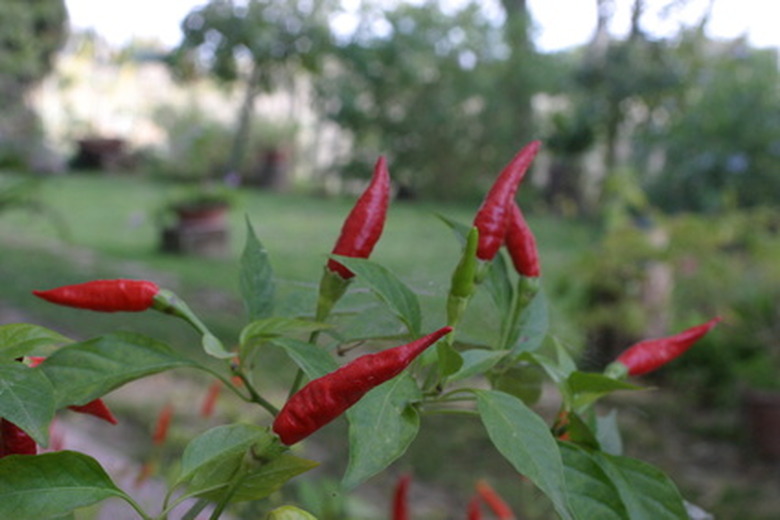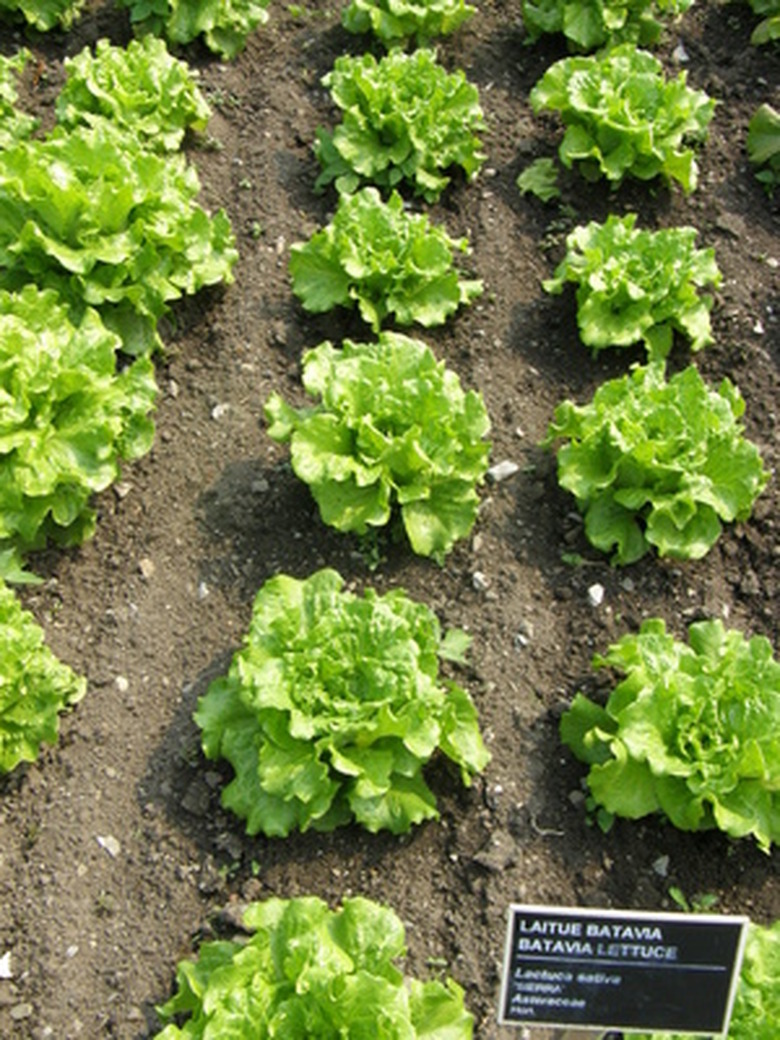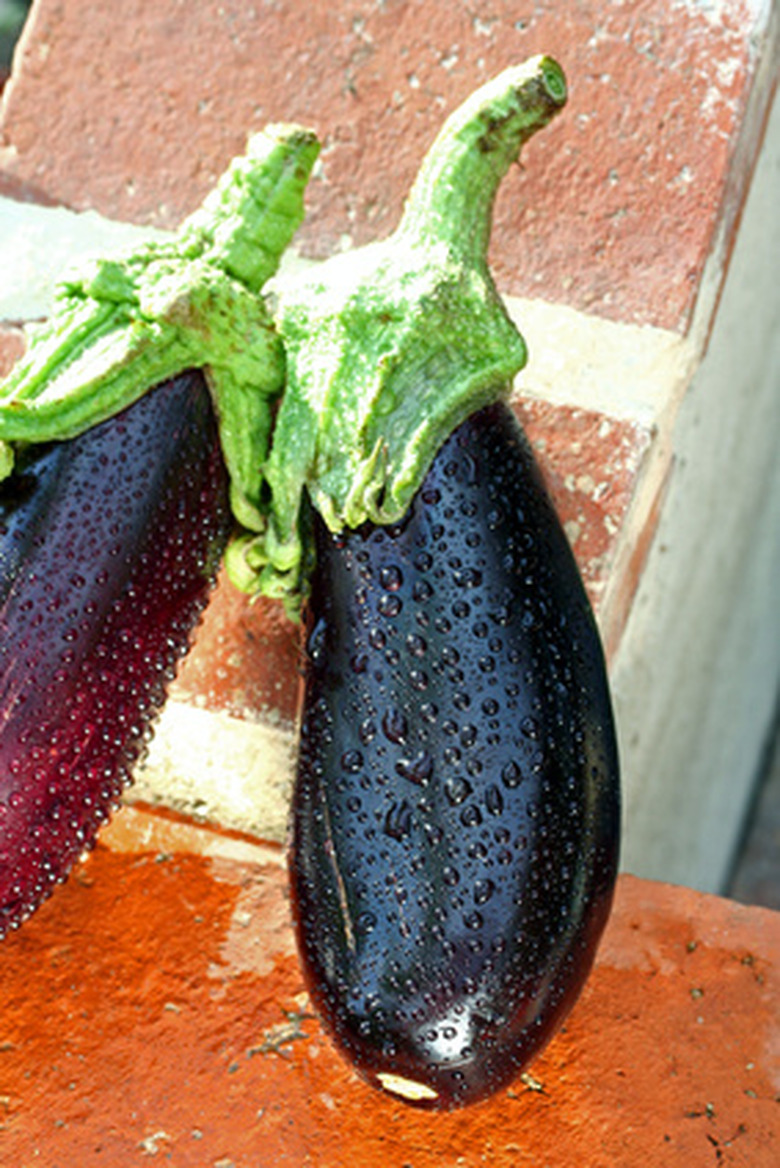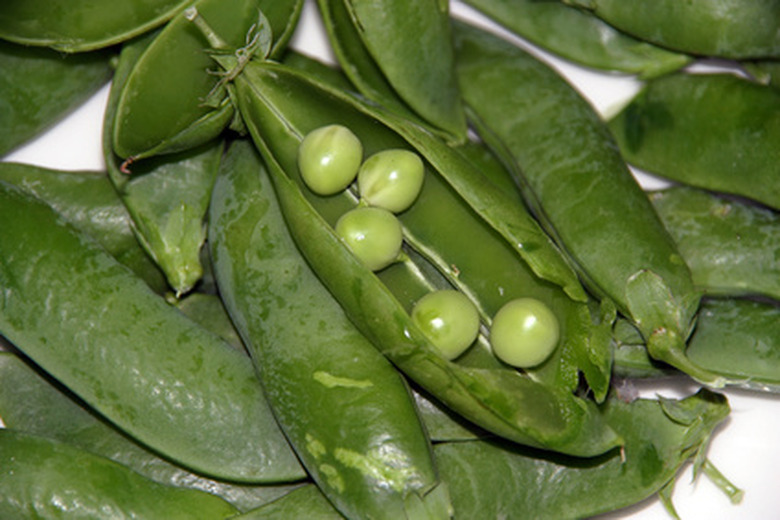The Easiest Vegetables To Grow In A Backyard In Florida
Florida's warm subtropical and tropical climate, make it possible for most areas of the state to have a backyard garden year-round. Most vegetable varieties are easy to grow and will grow well in Florida, as long as you pay attention to the plant's planting range and time of year it is best to plant. North Florida can experience freezes and the southern range can remain hot all year, so consider your particular area when planning your garden.
Springtime
Springtime in Florida means gardeners should grow cool weather crops. Most Florida gardeners consider late February the beginning of spring, though cooler areas in the north may need to start their plants in containers if their weather is still extremely cool. South-central and southern regions can begin planting directly into the ground.
Easy-to-grow cool-season greens such as lettuce, mustard, collard, spinach, Swiss chard and cabbage will all grow well at this time. Root crops, such as beets, turnips, radish, potatoes and carrots are easy to grow and flourish during this time of year. Other vegetables best suited for spring plantings are tomatoes, sweet corn, squash, cucumbers, as well as long-season vegetable such as cantaloupes and watermelon.
- Florida's warm subtropical and tropical climate, make it possible for most areas of the state to have a backyard garden year-round.
- Most vegetable varieties are easy to grow and will grow well in Florida, as long as you pay attention to the plant's planting range and time of year it is best to plant.
Summer
Summer in Florida can be hot, depending on where you live and it is time to plant the heat-loving vegetables in your backyard garden. In southern Florida, heat lovers such as peppers can act as perennials. It is too hot for many cool seasoned crops, so choose a vegetable that will take the heat for easy gardening. Certain varieties of lettuce such as Romaine will take the heat, as well as spinach and kale. Summer in Florida starts in May so plant summer squash, zucchini, cucumbers, onion sets, peppers, eggplant, tomatoes and celery. In August, late summer, plant longer growing vegetables such as cauliflower, brussel sprouts, broccoli and cabbage. These will all be ready for harvest in early fall and prefer growing as the weather begins to cool.
- Summer in Florida can be hot, depending on where you live and it is time to plant the heat-loving vegetables in your backyard garden.
- In August, late summer, plant longer growing vegetables such as cauliflower, brussel sprouts, broccoli and cabbage.
Fall and Winter
Depending on the temperatures in your particular area of the state, having a backyard garden filled with a variety of vegetables in winter and fall is possible and easy to do. October is the start of the fall planting season in Florida. Remember, in the event of freezing weather, you will have a hard time keeping any vegetable alive in your Florida garden. Vegetables that are easy to grow at this time of year are beans, English peas, lettuce, Swiss chard, parsnips, collard, leeks, onion seeds and sets.
Gardeners can also plant broccoli, cauliflower, endive, cabbage, carrots, radish, garlic and cabbage in their winter/fall gardens. Remember, if you plant the correct vegetable at the correct time of year, they will be easier to grow and you are bound to have a bountiful harvest.
References
- Florida Gardener: Grow a Vegetable Garden
- "The Book of Florida Gardening"; Gene Comer; 1982
- Pick Your Own: Florida Crop Harvest Calendar-When Fruit & Vegetables are Normally Ready to Pick in Florida



